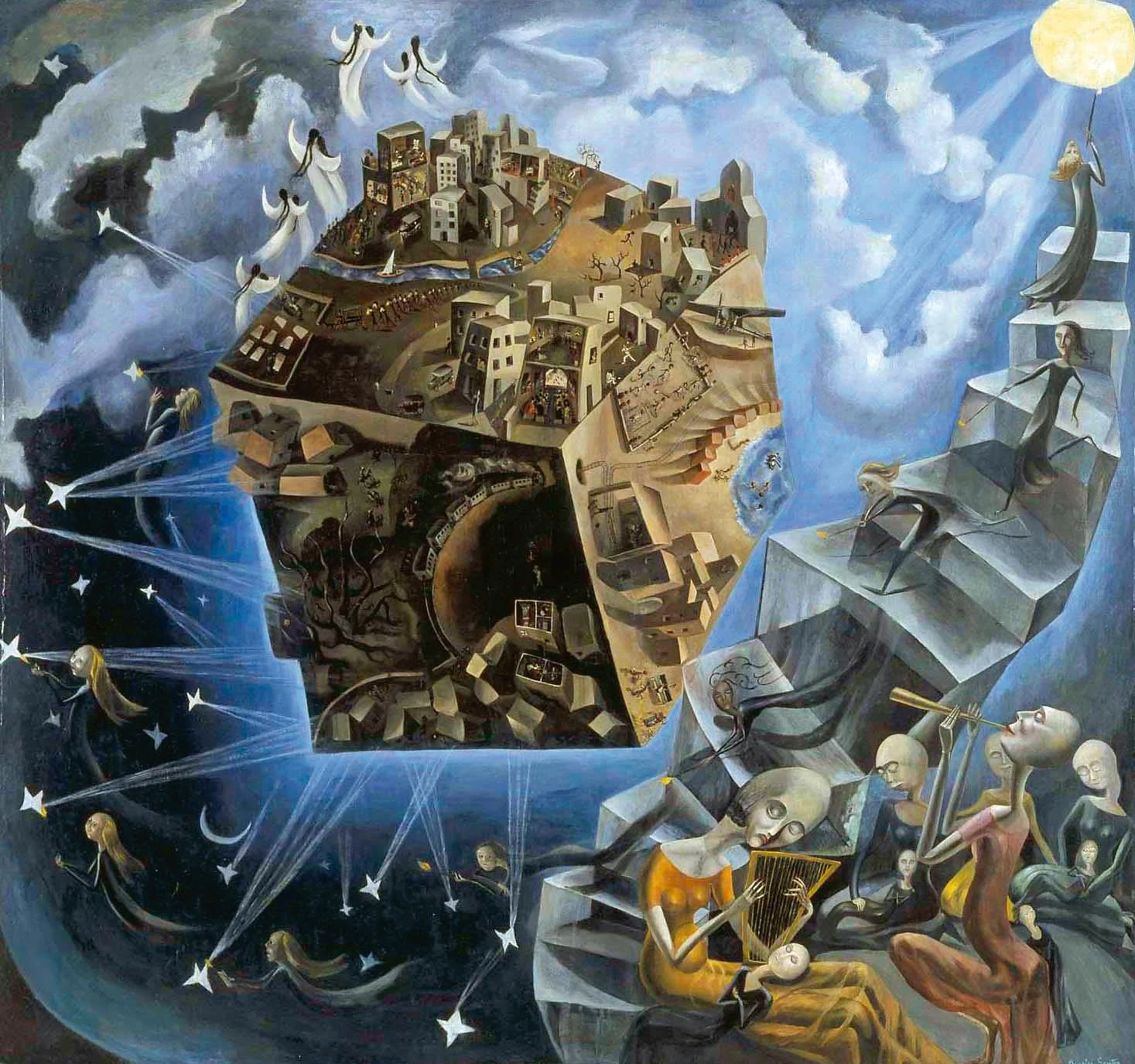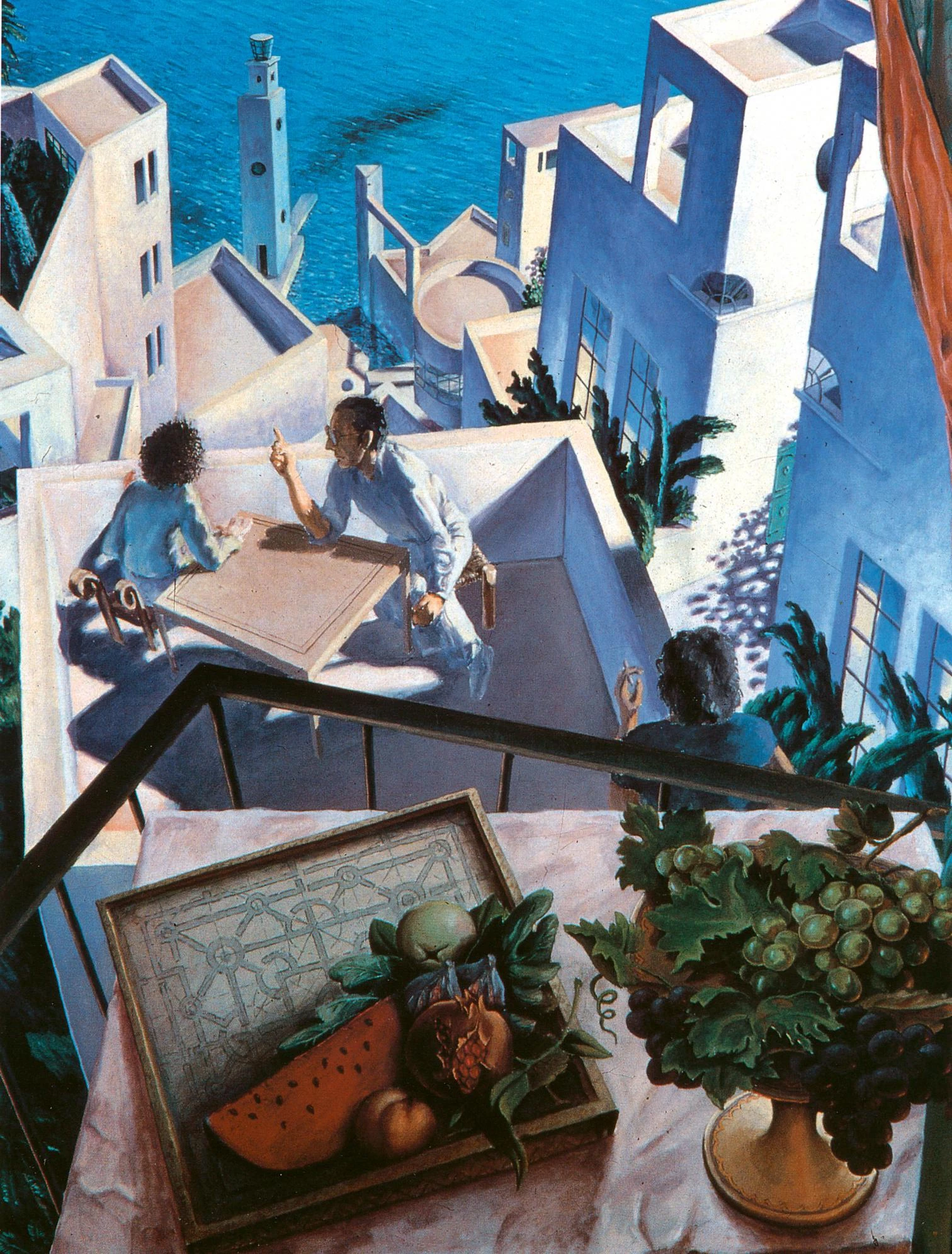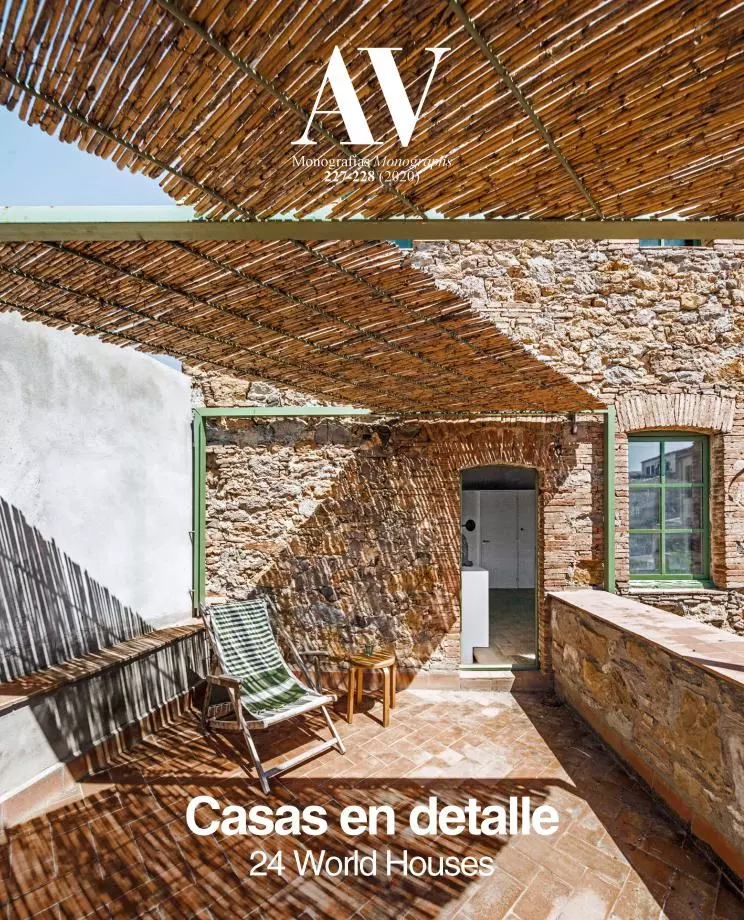
The house can be a laboratory of innovation, but also a theater of dreams. Most of the residences featured in general publications have this latter character, because they show unreachable spaces we can only fantasize about, and correspond to products called ‘aspirational’ in marketing, because they shape the aspirations of money and status harbored by those who are far from being able to satisfy them. A professional and cultural magazine like this one, however, can only deal with the domestic realm as a testing field in which to try out ideas and forms that can be applied in other contexts, and also in which to examine the performance of materials or techniques that can serve broader uses: we can only consider the house either as an aesthetic and intellectual manifesto or as an experimental laboratory of building innovation.
Half a century ago, Alejandro de la Sota used to tell those of us who were his students that the house project is only ethically acceptable if used as a test for collective works, because the architect’s time and talent cannot be wasted on shaping the tastes and desires of individual clients; today, when the architectural profession has changed so radically, the objections to the single-family house stem rather from the urban model it is attached to, the sprawling city and the private car, which we know to be ecologically unsustainable and incompatible with any strategy to mitigate climate change. If we do continue building and publishing houses, let it be only because they have allowed, in their design and their details, to significantly expand the frontiers of architecture, favoring creative imagination over oneiric fantasy.
To serve as a complement to the experimental, cosmopolitan nature of the houses published here, this issue opens with a selection of texts and images that explore eight timeless elements of the home – hearth, living room, bedroom, bathroom, kitchen, dining room, workplace, garden – and do so using only works by Spanish writers and artists. Such a literary and graphic introduction does not intend to underscore anthropological continuities or cultural identities, but to recall that technical or formal innovation needs the fertile humus of accumulated experience, and that the globalization of architecture does not preclude a dialogue with the singularities of the site. The best projects look ahead without losing sight of the rear view mirror, and are both local and universal: they have their feet on the ground and their head in the sky; but not in the clouds.

Guillermo Pérez Villalta, Grupo de artistas en una terraza, 1975 (fragmento)





